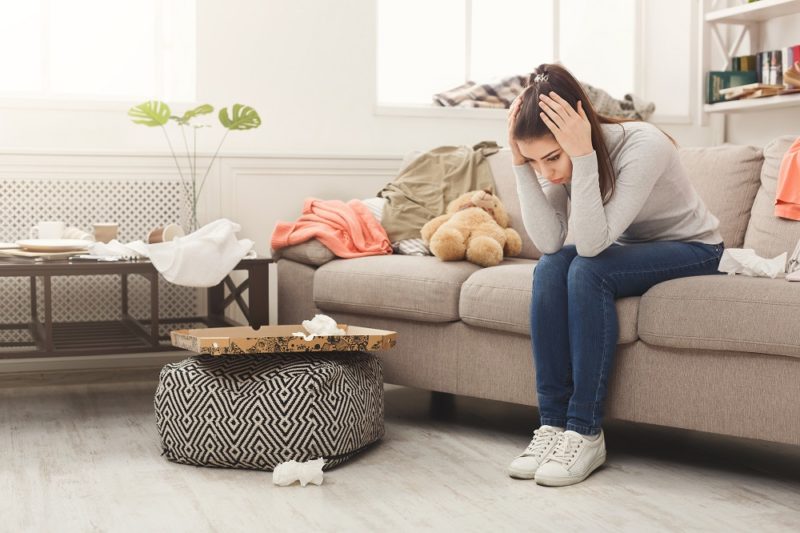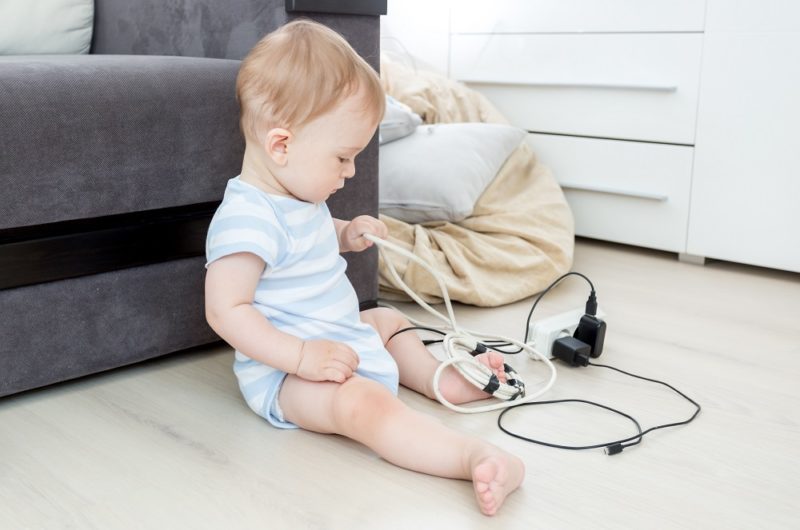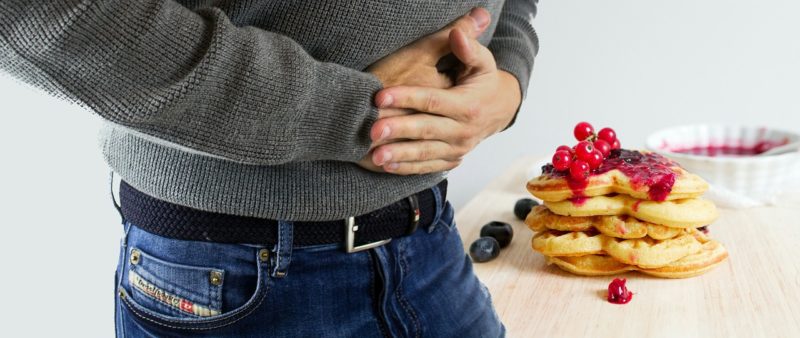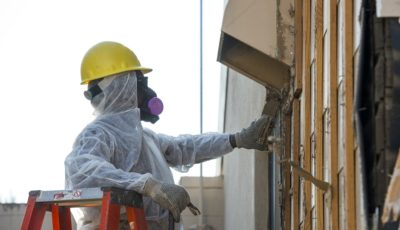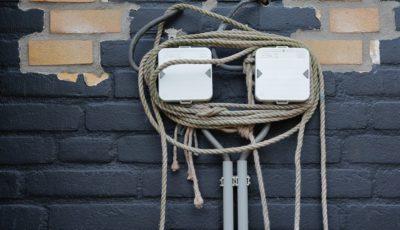5 Surprising Safety Hazards In And Around Your Home
Do you know the safety hazards in your home? You probably feel safe because you’ve double checked everything and ensured that all safety hazards are eliminated. But, are you sure that your home is safe for everyone?
One of the most obvious safety hazards is your electrical system. You’ve probably contacted professional electrical services, like Leolec, to check your wirings and connections, which is a smart move than doing it yourself. However, there are other safety hazards in and around the home that you may not be aware of and should be determined to avoid life-threatening consequences. They may not look dangerous at all, but they actually pose safety risks, especially to vulnerable family members, like young children and seniors.
In this article, you’ll learn the surprising safety hazards in and around your home. Read on!
1. Television
Yes, your television or TV can surprisingly pose safety risks. For one, a falling television can victimize young children, which is one of the hidden hazards inside the home. A television can tip over after you place it on a piece of furniture, like a media console or a desk. Children may suffer from falling TV injuries.
Parents can avoid a falling television by:
- Installing Wall-Anchoring Devices: Install your TV on the wall using a bracket to avoid a falling television incident.
- Making TV Base Sturdy: You need to make sure that your television is on a low and sturdy base. Make sure to push your TV as far back as possible, and that it’s anchored to the wall.
- Never Place Anything Above The TV: If you’re still using a traditional TV set, you need to make sure that no object is placed above the television ,such as a glass of water, a toy, or a remote control. Curious children may attempt to reach those objects and run at risk of being a victim of a falling television.
2. Clutter
Clutter includes paper, boxes, clothes, and toys scattered around the floor that look messy. While these items may look hazard-free, they’re actually considered safety hazards, especially for family members with vision and mobility problems.
A senior loved one may step on a scattered toy, and slip or fall on the floor, causing back, head, and spine injuries. That’s why you should make sure that your home is free from clutter as much as possible.
Here are some tips to help eliminate clutter in and around your home for everyone’s safety:
- Set a ‘clean as you go’ house rule for children and other family members.
- Remove clutter when you see them every time.
- Set storage boxes for toys, magazines, clothes, and other potential clutter in appropriate corners or areas of your home.
3. Furniture
Furniture items can be safety hazards, too. If you place or position them in the wrong areas of your home, they can cause accidents, like slip and fall. One of the best ways to babyproof your home to protect your toddler is to secure bookcases, furniture pieces, and even appliances with straps.
In addition, tables and other furniture pieces have sharp edges. You can protect your toddler who’s just starting to walk and explore by using edge bumpers. This way, your baby’s face is protected against any collision involving sharp furniture edges.
4. Table Covers
Table covers make the home more beautiful, as well as warmly welcome guests and visitors. However, if you have young children and pets, it’s best to avoid putting long table covers on your dining table or living room center table.
Children and pets may pull table covers accidentally, causing the objects above, like a flower vase, to fall over them. In addition, a family who’s using a mobile assistive device, like a wheelchair, may be caught in the end of the table cover and cause a similar accident.
5. Food
Food is one of the basic necessities of human beings. However, food may also pose safety concerns, especially if they reach beyond their expiry dates or get spoiled. Food poisoning may result from poor handling or preparation, wherein bacteria, viruses, and other microorganisms proliferate fast, causing gastrointestinal problems.
The signs and symptoms of food poisoning may include diarrhea, restlessness, vomiting, dehydration, and loss of consciousness. If you suspect food poisoning, you need to call the emergency hotline immediately for prompt medical treatment.
Certain foods harbor harmful agents, such as the following:
- Fresh produce
- Raw eggs
- Unpasteurized milk
- Unpasteurized juice
- Soft cheeses
- Undercooked, or raw meat or seafood
Conclusion
Now, more than ever, you’re more aware of the surprising safety hazards in and around your home. It’s important to address them soon to avoid safety concerns and consequences, especially to younger family members. Keep the above things in mind to ensure everyone’s safety in your home.


